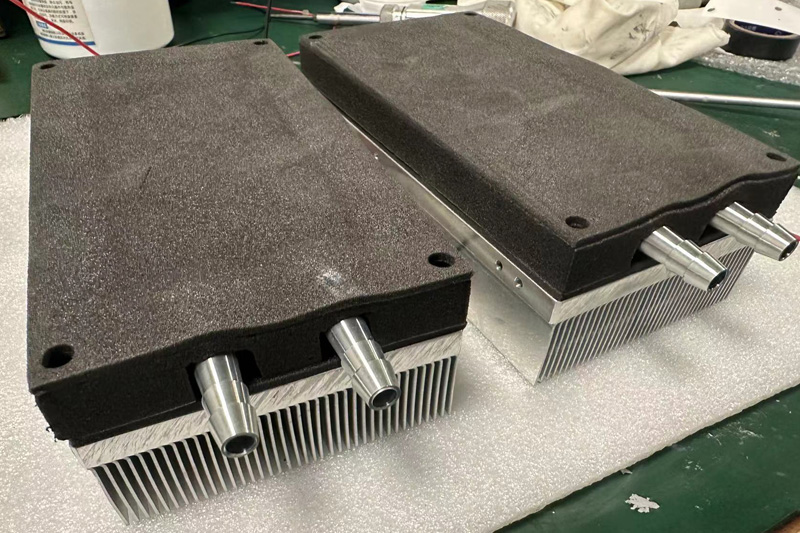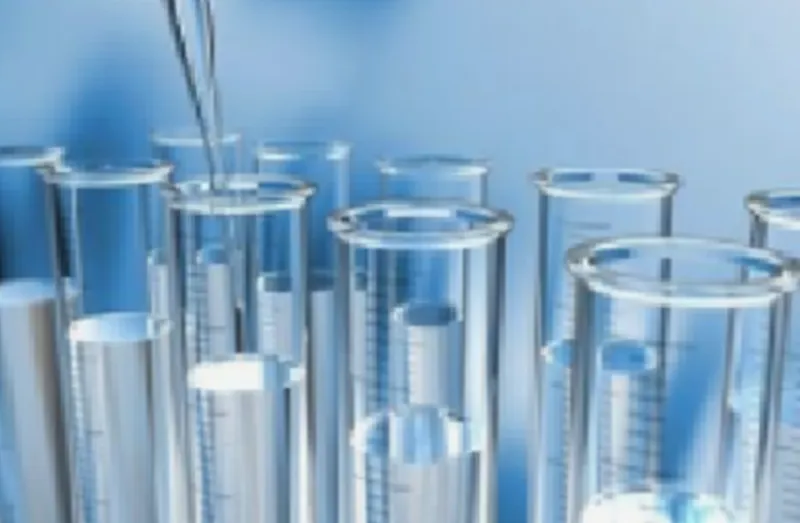Medical Cooling Applications
The thermal management of medical equipment is crucial. Adopting an efficient heat dissipation system ensures stable long-term operation of the equipment and prevents adverse effects of temperature rise on performance and patient safety.

Is Heat Dissipation Important For Medical Equipment?
With the development of science and technology, the types of medical equipment are increasing daily, and their application in medical work is also increasingly extensive. Their working environment has stringent temperature requirements. To ensure the regular operation of medical equipment in the correct temperature environment, it is usually necessary to configure a cooling or cooling system. A sound cooling system can ensure medical equipment’s safe and reliable operation, low energy consumption, low maintenance rate, and high work efficiency. Once the cooling system and heat dissipation system fail, it will lead to abnormal conditions of the equipment components and damage. Currently, a lot of medical equipment is on the market because of the poor cooling system, which has led to medical equipment paralysis, which has brought significant losses.
The thermal management system of medical equipment is designed to control and maintain the internal temperature of the equipment. This is to ensure that the equipment operates within a safe operating temperature range to prevent performance issues, damage, or safety risks that may arise from overheating.
The Cooling System of Medical Equipment?
The medical industry is particular. X-rays, MRI systems, CT scanners, and ultrasound devices are all powerful, complex systems that generate enormous amounts of heat from components and chips when they operate. For RF amplifiers, liquid cold plate systems and TEC are needed to deal with heat and ensure the stable operation and reliability of the system. Our more than ten years of radiator production experience and various high-heat density heat dissipation schemes help improve each instrument’s speed and accuracy. Lightweight, reasonable structure of the liquid cooling system, the heat exchanger is the guarantee of equipment operation, of course, a large air volume, TEC heat sink is also used in small power, small medical testing equipment, these equipment are more sensitive to temperature.

The Importance of Thermal Design For Medical Instruments.
Thermal analysis plays a vital role in the heat dissipation of medical equipment. Medical equipment generates a large amount of heat during operation, and excessively high temperatures may affect the performance and stability of the equipment and even lead to equipment damage. Through thermal analysis, engineers can gain a deeper understanding of the heat distribution inside the equipment, thereby formulating effective heat dissipation strategies. Firstly, thermal analysis can help identify the heat sources inside the equipment and the areas that generate the most heat. By installing temperature sensors at critical locations, temperature can be monitored in real-time. A heat distribution map can be generated, enabling engineers to understand which areas require more robust heat dissipation support. Secondly, thermal analysis helps optimize the design of heat dissipation systems.
Engineers can find the most effective heat dissipation solution by simulating the effects of different heat dissipation structures, materials, and airflow on equipment temperature. This may include adjusting the fan speed, changing the heat sink structure, or selecting materials with higher thermal conductivity. In addition, thermal analysis can predict device temperature changes under different workloads. This is crucial for considering the stability and safety of medical equipment during the design phase. By simulating the heat generation and distribution under various usage scenarios, it can be ensured that the equipment can maintain an appropriate
How To Do A Good Job In Thermal Management ?
Thermal management of medical equipment is a system-level issue, and an excellent thermal management system can ensure the stable operation of the equipment to prevent performance issues, damage, or safety risks that may arise from overheating. Heat management is crucial in medical equipment. Many medical devices generate heat during operation, and excessive temperatures can negatively impact device performance and lifespan. Therefore, heat management is essential for medical equipment.Heat management aims to ensure that devices operate within an appropriate temperature range while maintaining a stable temperature. This can be achieved through several methods:
Temperature sensor: Temperature sensors monitor the temperature of various parts inside the device. They can provide real-time temperature data so that the system can make corresponding adjustments. For example, a temperature-controlled fan can increase or decrease the airflow to balance a stable temperature.
Intelligent control system: Thermal management systems are usually equipped with intelligent control systems, which can adjust the cooling system’s operation in real time based on feedback from temperature sensors. This system can adjust parameters such as fan speed and liquid cooling system flow rate automatically.
Air cooling system: The air cooling systems usually include fans and radiators, which dissipate heat through airflow. The intelligent control system can adjust the fan’s speed to maintain the appropriate temperature. There are multiple options for the process of air volume systems, and the proper cost and performance are the best choices.
Liquid cooling system: The liquid cooling system uses coolant to absorb and remove the heat generated by the equipment. These systems typically include pumps, radiators, and pipelines, and intelligent control systems can also adjust the flow and temperature of liquid cooling systems.
Heat-conducting materials: Using efficient heat-conducting materials, such as copper or aluminum, can help improve the efficiency of heat conduction inside the equipment. Of course, thermal pads are also a critical choice, as they can efficiently transfer heat when the

